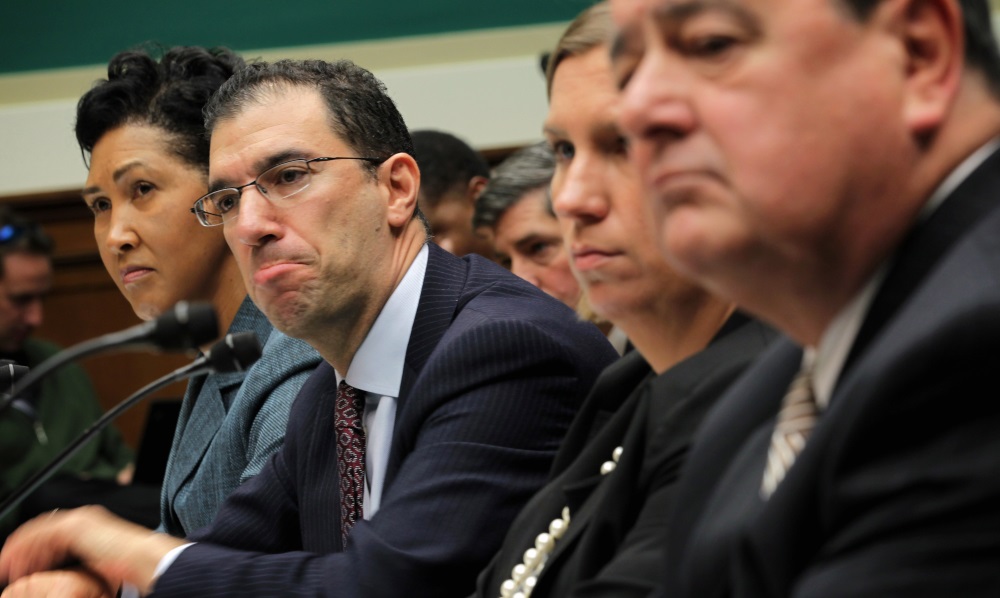
CMS’s nod to outpatient total knee replacements gives hospitals a big leg up
Ambulatory Surgery Centers are yet to get Medicare coverage for total knee replacements, giving hospitals a headstart to win this population.

Ambulatory Surgery Centers are yet to get Medicare coverage for total knee replacements, giving hospitals a headstart to win this population.

The disparate sea of digital tools can be overwhelming and burdensome for both patients and providers, causing confusion and poor use of the resources the hospital provides.

There are three key dimensions that effective healthcare education must include to address patients’ emotional needs, impact their behavior and, ultimately, improve their health outcomes.

Reaching your patients through the technology they already use is key to patient engagement, and email and text are the most effective way to reach patients of all ages.

The Centers for Medicare & Medicaid Services clearly sees the connection between digital patient connections and value and is asking hospitals to engage patients throughout their entire episode, not only during the in-hospital stay.

Three strategies for effectively engaging patients on social media.

In a landscape where complexity has long been the norm, the power of one lies not just in unification, but in intelligence and automation.

The 2015 Medicare Access CHIP Reauthorization Act (MACRA) outlines plans to overhaul reimbursements to physicians, based in part on their ability to provide quality care and to improve patient experience and outcomes. One of the main goals the Centers for Medicare & Medicaid Services (CMS) has for MACRA is for individual healthcare providers to use technology […]

Digital connections and education are essential to value-based care.

As Meaningful Use moved to Stage 3 (MU3) in 2015, the Centers for Medicare and Medicaid Services (CMS) added APIs (application programming interface) as an alternative or complement to patient portals. But are these two digital health tools at odds with each other? And where do APIs fit in with Meaningful Use Stage 3? An […]

The best way to view MACRA is as an evolution - not an end to - Meaningful Use.

Patient portals—websites allowing patients to easily and securely access their EHRs and even communicate with their providers—were one of the big recommendations of MU2 in 2012. CMS promoted portals as a way for patients to access their EHRs and for providers to demonstrate that their patients were actually doing this, calling the portal “a powerful […]

This week, CMS released its final rule for Comprehensive Care for Joint Replacement (CJR), putting 790 hospitals on notice that hip and knee replacement reimbursements from the nation’s largest insurer will be tied to cost containment and high standards for patient care. CMS plans to test the initiative at those hospitals—selected from 67 metropolitan statistical […]

Preparing for the CMS Comprehensive Care for Joint Replacement Project The most important takeaway from the latest CMS effort to rein in costs, achieve positive patient outcomes and lower hospital readmission rates and complication rates is that hospitals must now manage the entire episode of care. CMS’s Comprehensive Care for Joint Replacement (CCJR) bundled-payment program mandates […]

Mothers commonly report receiving either no advice or recommendation inconsistent advice from each of the four sources we studied [doctors, birth hospital nurses, family, and media] regarding immunization, breastfeeding, sleep position, sleep location and pacifier use.

With the proliferation of patient engagement technology phrases such as patient education, patient activation and patient/provider connections have increasingly become meaningless. They now mean everything and, therefore, nothing. What are we really trying to do to, for and with our patients? What should we seek in terms of involving them in their care? What does patient […]